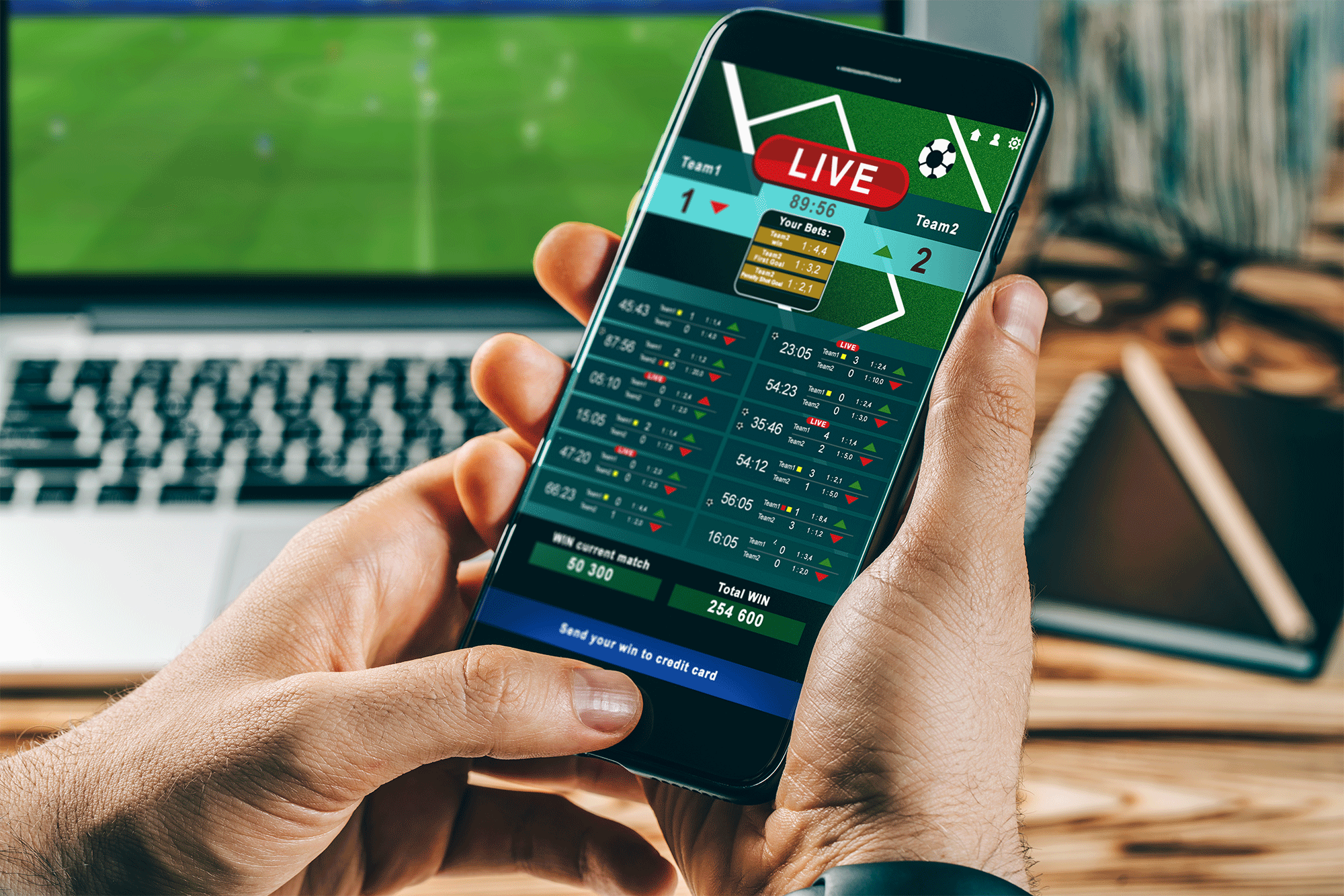During the pandemic, online gambling saw a surge, possibly fueled by economic uncertainty. But how does gambling evolve from a pastime into a compulsive behavior? Let’s explore the impact of gambling on your brain and the signs of addiction.
Placing Your Bets
The Brain’s Response When you engage in gambling, your body enters an aroused state with increased heart rate and blood pressure. The brain releases dopamine and adrenaline, creating a “head rush” that reinforces pleasurable activities. The allure of a big win is intoxicating due to dopamine’s role in the brain.
The Thrill of the Chase
Anticipation and Near-Misses Dopamine isn’t only released upon winning; the mere anticipation triggers a rush in the brain’s reward system. Near-misses, like getting close to a jackpot, can trigger an even stronger response, leading to further gambling. Certain groups, such as men aged 25-34, the unemployed, and those with poor mental health, may be more susceptible to developing gambling problems.
Cut Your Losses
The Vicious Cycle While gambling is a casual hobby for many, some become driven to recoup losses through more betting. Unfortunately, attempting to end addiction through gambling rarely works. It’s essential to recognize that harm from gambling isn’t just financial; it can negatively impact your mood and relationships as well.
Time to Seek Help
Addressing Problematic Gambling Unfortunately, nearly half of the problematic gamblers do not seek treatment, with disadvantaged men being the most affected. If you suspect you have a gambling problem, seeking professional help is crucial. Specialized NHS clinics and organizations like gordonmoody.org.uk, gamcare.org.uk, and headward.co.uk offer support and resources.
Conclusion
Understanding how gambling rewires your brain is essential in recognizing and addressing addiction signs. Whether it’s the dopamine-fueled excitement of winning or the anticipation of near-misses, gambling can become a compulsive behavior that impacts various aspects of your life. Don’t hesitate to seek help if you believe you or someone you know may have a gambling problem; professional support can make a significant difference in regaining control and improving overall well-being.
